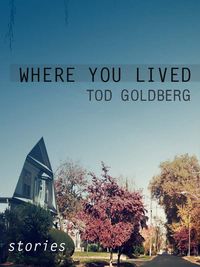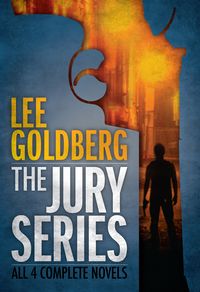I wish I could take credit for that headline, but it belongs to Chuck Wendig. He makes a very good point in a recent, and controversial, blog post about the obsession self-published authors have with striking it rich, boosting their rankings, voting on tags, etc. and how little attention they pay to the really, really, REALLY important part…
In self-publishing, I see so much that focuses on sales numbers and money earned, but I see alarmingly little that devotes itself toward telling good stories. After all, that’s the point, right? Selling is, or should be, secondary. The quality of one’s writing and the power of one’s storytelling is key. It’s primary. It’s why we do this thing that we do. Any time you hear about the major self-publishers, it’s always about the sales, the percentage, the money earned. What’s rare is a comment about how good the books are. When the narrative was all about Amanda Hocking, everybody was buzzing about her numbers, but nobody I know was buzzing about how good those books were. Focus less on the delivery of the stories and more about the quality of what’s being delivered.
The problem is, if more self-published authors did that, they'd have to acknowledge how insanely awful most of the "indie" stuff really is. Josin L. McQuein, one of the commentors on Chuck's post, summed up the problem perfectly:
…self-e-publishing is a lot like the atmosphere on a fanfiction site. It’s mostly garbage, and everyone reading it knows that. Among that garbage, there are pockets of gold and diamonds that, if found, will draw readers. (I wouldn’t be at all surprised if some of the more popular fanfic authors make a serious go of self-e-publishing. They’ve got a built in audience that can be tens of thousands strong in the larger fandoms.) The trick is, someone has to find those pockets of precious material and pass the information along. It doesn’t always happen. If you’re going to self-e-publish, then TAKE YOUR TIME. If it takes you weeks, months, or even a year to write your book, then why would you undermine all of that time and effort by rushing through the final steps of the process? If you’re going self-publish, then don’t handicap your novel by not making it the best you possibly can.
In other words, don't put the publishing cart before the story-telling horse.



